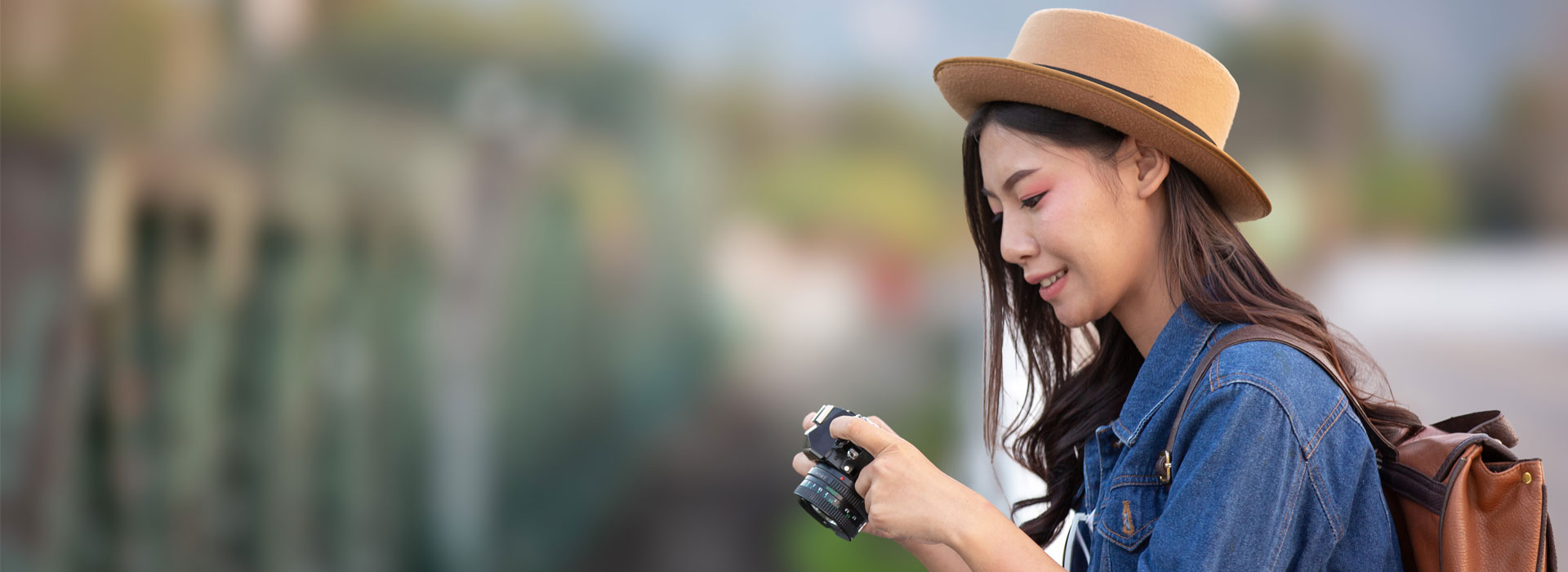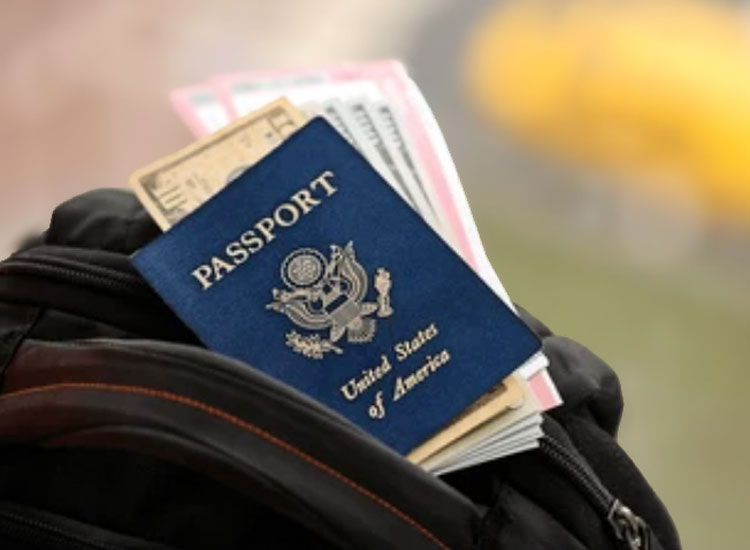
Travel Info
Best time to Travel
Tour Booking
Trip Cost
Bhutan Visa

Essential Bhutan Travel Informaton
In stark contrast to bygone eras, Bhutan’s tourism sector has experienced a remarkable renaissance, with ccommodations now boasting contemporary amenities and exemplary hospitality. Travelers are presented with an array of lodging options, including star-rated hotels, guesthouses, farmhouses, homestays, and camping sites. These establishments are rigorously vetted by the Tourism Council of Bhutan to ensure adherence to high standards.
For our standard tour packages, we guarantee accommodations at no less than 3-star hotels. Should travelers desire an upgrade to 4-star or 5-star properties, such enhancements will incur additional costs. In the western districts of Paro, Thimphu, Punakha, and Phobjikha, guests will find an ample selection of upscale hotels. Conversely, accommodations in the eastern regions predominantly consist of 3-star hotels, farmhouses, or guesthouses.
Bhutan proudly hosts a select few prestigious international hotelbrands, including Uma by Como Resorts, Aman Kora, Le Meridien, Taj Hotels, Six Senses Resorts, and Dusit Thani. Notably, Uma by Como and Six Senses have properties scattered across Paro, Thimphu, Punakha, Phobjikha, and Bumthang.
For an authentic rural experience, we recommend spending a few nights in homestays or farmhouses, though one should anticipate basic yet clean facilities. During treks, camping is the sole accommodation option, with high-quality A-shaped tents provided to endure the rigors of weather.
Transport
In Bhutan, transportation is predominantly facilitated via an extensive fleet of vehicles. For those embarking on brief sojourns with aspirations to explore the centrally located Bumthang region or the eastern district of Trashigang, domestic flights present an alternative, provided prior notification is given.
Bhutan Flight
Access to Bhutan can be facilitated either through air travel or overland via the southern border town of Phuntsholing. For those opting for the aerial route, the choice of entry and exit points can be tailored to your convenience. Bhutan is served by two airlines connecting to Indian cities such as Delhi and Calcutta, as well as to Bangkok, Singapore, and Kathmandu.
Tickets for these flights may be procured either directly through the airlines’ official websites or with our assistance from within Bhutan. While booking online can occasionally be more costly, it is worth noting that this method may present certain challenges. Issues such as premature debiting of funds without the issuance of an e-ticket, as well as potential system instability, can occasionally arise. Thus, if you prefer a more seamless experience, our services are at your disposal to facilitate the purchasing process.
Weather
Bhutan, renowned for its four distinct seasons, offers a tapestry of climatic conditions throughout the year. The vernal and autumnal periods are celebrated as the most agreeable, characterized by idyllic weather and a plethora of vibrant festivals. Conversely, the summer months, though known for their rainfall, do not diminish Bhutan’s allure. On the contrary, this season is lauded for its resplendent greenery and an ambiance that transcends the ordinary. The winter, however, ushers in a chill, with temperatures plunging below zero degrees Celsius in regions situated at altitudes of 2300 meters and above.
Although Bhutan is acclaimed as a year-round destination, we advocate for travel during the spring, summer, and autumn seasons, each of which presents its own unique charm. It is essential to prepare accordingly, as each season necessitates different attire. We encourage you to consult our packing checklist to ensure a well-prepared and enjoyable visit .
Currency
The Ngultrum (Nu) is Bhutan’s local currency, holding equal value to the Indian Rupee. For ease of transactions, especially if you plan to indulge in shopping, dining at nightclubs, restaurants, or bars, it is advisable to convert your money into Ngultrum. Carrying US Dollars in cash can be quite convenient, though most souvenir shops in the western districts of Paro, Thimphu, and Punakha, as well as the central region of Bumthang, readily accept Visa and American Express credit cards.
For currency exchange, we highly recommend visiting one of Bhutan’s many convenient banks. Your tour guide will be happy to assist you with currency exchange either upon your arrival or at the end of your sightseeing tour.
If you are entering Bhutan via the Indian states of Delhi or Kolkata, and you have any remaining Indian Rupees, you can bring them along as they are widely accepted here.
Shopping
For travellers with a penchant for shopping and souvenirs, Bhutan presents a delightful array of goods, predominantly showcasing its rich tradition of textiles and handicrafts. You may explore a variety of treasures, including intricately hand-woven textiles in raw silk or silk, intricately carved animal masks, and artisanal woven baskets crafted from cane and bamboo. Additionally, you can find wooden bowls, known locally as Dapas, handmade paper products, and exquisitely crafted silver deities. Bhutan also offers thangkha paintings and its unique postage stamps.
These treasures are available at numerous handicraft shops in and around Thimphu and other major towns. However, please be mindful that the buying and selling of antiques are strictly prohibited in Bhutan.
Safety and Security
With a modest population of approximately 730,000, Bhutan is esteemed as one of the safest destinations globally. The nation’s rigorous tourism policies further enhance its security and overall safety for travelers. Upon commencing your journey, your local tour guide will serve as your principal point of contact for any firsthand advice or recommendations pertinent to your travel needs while on the road.
Nevertheless, we strongly advise our visitors to exercise heightened vigilance in safeguarding personal valuables, whether in your accommodation or during excursions. Moreover, it is prudent to avoid venturing out alone after dark, particularly in urban areas. Should the desire arise to engage in nightlife activities such as visiting nightclubs or bars, it is imperative to consult your tour guide. They will provide comprehensive guidance on suitable venues and ensure your safety throughout the experience.
Insurance
We advise you to procure travel and health insurance from your insurance provider in your home country, should such coverage be necessary. Please be advised that your tour payment does not encompass travel and health insurance for your sojourn in Bhutan. The absence of such insurance will not inhibit your access to any of the holiday activities or tourist amenities available in Bhutan. The decision regarding insurance is thus left to your discretion.
Vaccination
Before embarking on your journey, we strongly recommend that you consult your personal physician or visit a travel clinic in your home country to obtain guidance on necessary vaccinations. As a general precaution, we advise all our travelers to consider immunizations against typhoid, Hepatitis A, and tetanus.
Tobacco and Smoking
The sale and consumption of tobacco-related products in Bhutan are strictly prohibited by law. However, for those inclined towards such indulgences, the law permits the import of a fixed quota of 200 cigarette sticks and three tins of pipe tobacco, each containing 50 grams, provided that one declares them and pays the requisite 100% customs duty. It is imperative to adhere strictly to this limit and refrain from exceeding the prescribed quantity.
Once the customs duty has been settled, smokers must observe that smoking in public spaces remains forbidden. We strongly advise availing oneself of the designated smoking areas, either in hotels or restaurants. While doing so, it is crucial to retain the receipt issued by customs, as it serves as an equivalent to a smoking permit. Non-compliance with these regulations will invite stringent penalties.
Custom
The following items are exempt from customs duty:
(a) Personal effects and articles for everyday use by the visitor
(b) 1 litre of alcohol (spirits or wine)
(c) Instruments, apparatus, or appliances intended for professional use
(d) Photographic equipment, video cameras, and other electronic goods for personal use
Upon arrival, you are required to complete the passenger declaration form before proceeding to check-out. Items listed under categories [C] and [D] must be declared on this form. Should any of these items be sold or gifted within Bhutan, they will be subject to customs duty. Additionally, upon departure, visitors must submit their forms to the Customs authority.
The import and export of the following goods are strictly prohibited:
(a) Arms, ammunition, and explosives
(b) All narcotics and drugs, with the exception of those prescribed for medical purposes
(c) Wildlife products, particularly those from endangered species
(d) Antiques
The importation of plants, soils, and similar items is regulated by quarantine laws and must be cleared upon arrival. Visitors are advised to exercise caution when purchasing old or used items, particularly those of religious or cultural significance, as such items require a clearance certificate from the Department of Culture for export.
Photography
Bhutan is a photographer’s paradise, brimming with endless opportunities for capturing stunning outdoor vistas. The country’s landscapes, natural scenery, rural life, flora, fauna, and architectural marvels provide an exquisite canvas for your lens.
However, it is essential to coordinate with your local guide regarding indoor photography, as capturing images inside the main shrines of Dzongs, temples, monasteries, and religious institutions is strictly prohibited, unless you are undertaking a special project sanctioned by the Department of Culture.
Portrait photography also holds great allure in Bhutan. When photographing individuals up close, it is courteous to seek their permission beforehand, as some may find it intrusive or may be camerashy. Your local tour guide can assist with facilitating this communication.
Electricity
All major towns in Bhutan are equipped with reliable electricity operating at 220/240 volts, with both round-hole two-pin and three-pin power outlets available. Our energy supply is not only consistent but also ecofriendly, derived from clean and green hydropower sources.
Tipping Culture
Tipping is entirely a personal choice. If you find yourself pleased with the services provided, a token of appreciation for your guide, driver, hotel staff, and trekking teams is always welcome. There is no set amount for tipping—it is entirely at your discretion and reflects your individual sense of gratitude.

